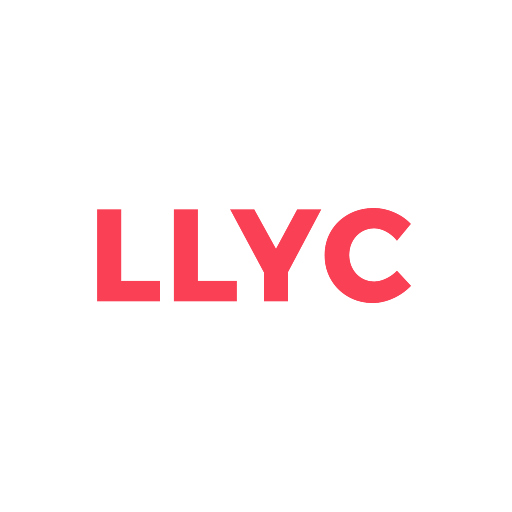LLYC 28 Mar 2017 // 5:31PM GMT

In 2016, the Oxford Dictionary selected "post-truth" as Word of the Year. This is no surprise to many people; 2016 was a year of polemical surprises and unexpected events. The political and social panorama during the next few months will be marked by this “post-truth” environment, where objectivity and rationality give way to emotions, or the willingness to sustain beliefs even though the facts show otherwise.
In Europe, we witnessed setbacks that few predicted such as the British population’s decision to leave the European Union, or the Italian’s refusal in the referendum of Matteo Renzi’s proposal for a constitutional reform. And why not mention the growing support for political parties like France's National Front, led by Marine Le Pen, or Holland's Liberal party (PW) led by Geert Wilders.
On the other side of the ocean, we witnessed the fake populist rhetoric, or surprises such as the Colombian rejection to the FARC peace agreement referendum, or Trump’s controversial victory in the US elections.
All of these milestones have a common denominator: personal beliefs, which for many are irrefutable, have strengthened against logic and facts. These beliefs have become consolidated as shared assumptions in society, causing bewilderment in public opinion.
In this context, new forms of relationship with public opinion emerge and alternative media strengthen. Traditional methods of journalism are losing their influence with the emergence of new communication channels like personal blogs, YouTube, instant messaging channels such as WhatsApp, Telegram and Facebook Chat, or social media networks like Snapchat or Twitter. Recent advances mean that a simple tweet can now move the masses and produce unthinkable results.
The broadcasting of fake news culminates in the trivialisation of lies and hence, the relativization of the truth. The value of media credibility has somewhat faded when compared to personal opinions. The events themselves take second place, whilst the “how” a story is told gains importance over the “what”. It is therefore not about what has happened, but about listening, seeing and reading the version of facts that more closely fits each person's ideology.
In this edition of UNO we take a look at this uncertain scenario and what the media's role should be to connect with their audiences.
*Introduction for the 27th issue of the UNO Magazine by José Antonio Llorente. Available at UNO.


































.jpg)














